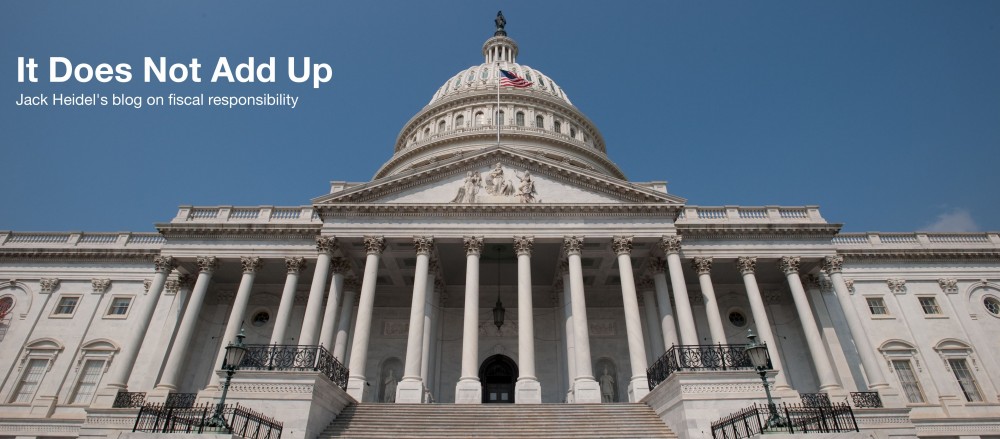Most of the time on this blog I address what I consider to be our country’s two biggest fiscal and economic problems: 1) economic growth which, at 2% per year for the past seven years, is too slow to create enough new jobs and higher wages for middle- and lower-income workers and 2) massive and rapidly growing debt, now at 75% of GDP, the highest since the end of WWII.
But from time to time I take a broader look such as:
- James Piereson’s contention that the New Deal liberal consensus has broken down and we are headed for America’s Fourth Revolution.
- Yuval Levin’s argument that both progressives and conservatives are stuck with a mid-twentieth century nostalgia to which it is impossible to return.
- Senator Mike Lee’s (R, Utah) belief that Congress is itself responsible for its shrinking powers vis-à-vis the President and the Supreme Court.
Along this line, Yuval Levin and Ramesh Ponnuru have a powerful essay in the latest issue of the National Review saying that “Mainstream liberals now advance a vision of American government that is increasingly contemptuous of our system’s democratic character and seeks to break through the restraints of the constitutional system in pursuit of their policy ends.”
 This vision is advanced in three key ways:
This vision is advanced in three key ways:
- Executive unilateralism, for example, by President Obama with respect to status of illegal immigrants, various suspensions and waivers in the implementation of the Affordable Care Act, and net neutrality regulations.
- The administrative state referring to the tangle of regulatory agencies that populate the executive branch. These agencies issue thousands of regulations per year which, given the vagueness of major legislation, means that the agencies legislate through their rules. Examples are the immense power of the Environmental Protection Agency and the implementation of the Dodd-Frank financial-regulatory reforms.
- Liberal judicial philosophy understands the courts to be in the business of advancing what is properly understood as a legislative agenda. For example, two Supreme Court cases, a health-care related case (King vs Burwell) and a same-sex-marriage case (Obergefell vs Hodges) turned out this way.
Conclude Messrs. Levin and Ponnuru: “That the constitution makes the work of progressive ideologues frustrating is not an excuse for ignoring and subverting it. Arguments for doing so amount to unprincipled excuses for lawlessness.”
Follow me on Twitter
Follow me on Facebook

I suggest there is a fourth way: The Suppression of Free Speech. One example is the IRS targeting of conservative 501(c)() organizations and the fact that no one has yet been held accountable for these illegal acts. To learn more read Kimberly Strassel’s “The Intimidation Game.”
The suppression of free speech is another way of chipping away at constitutional rights and so fits into the general pattern described above.